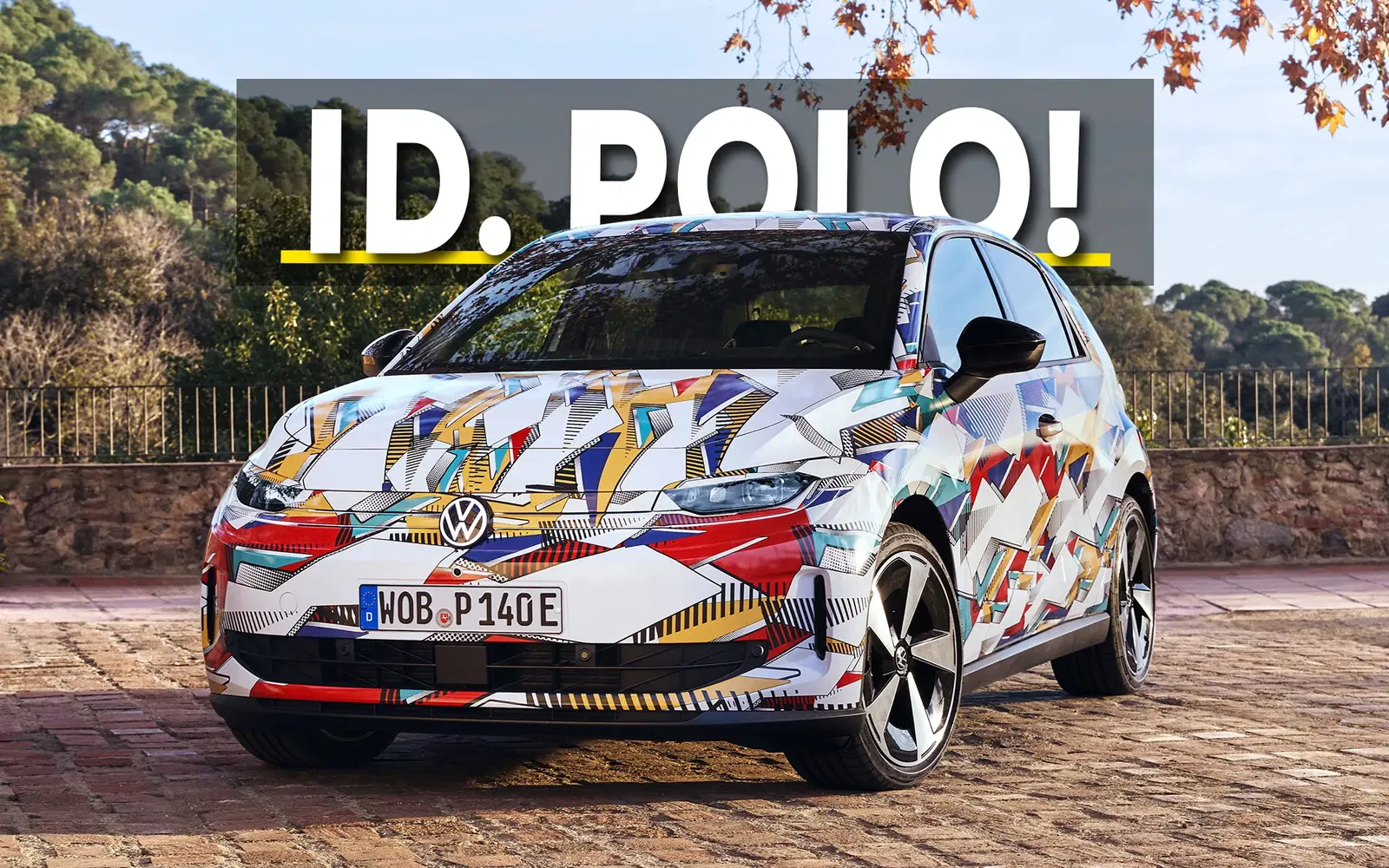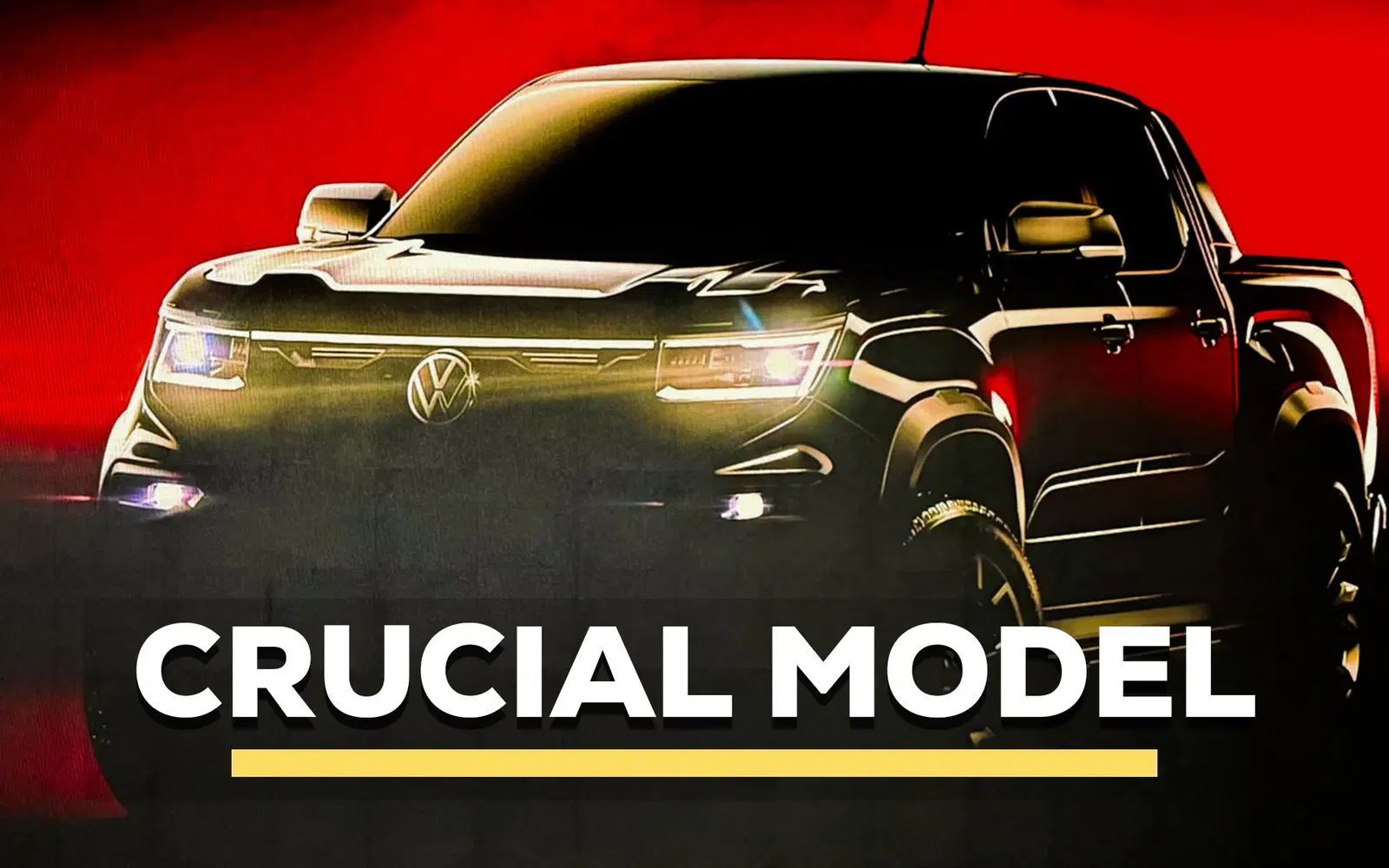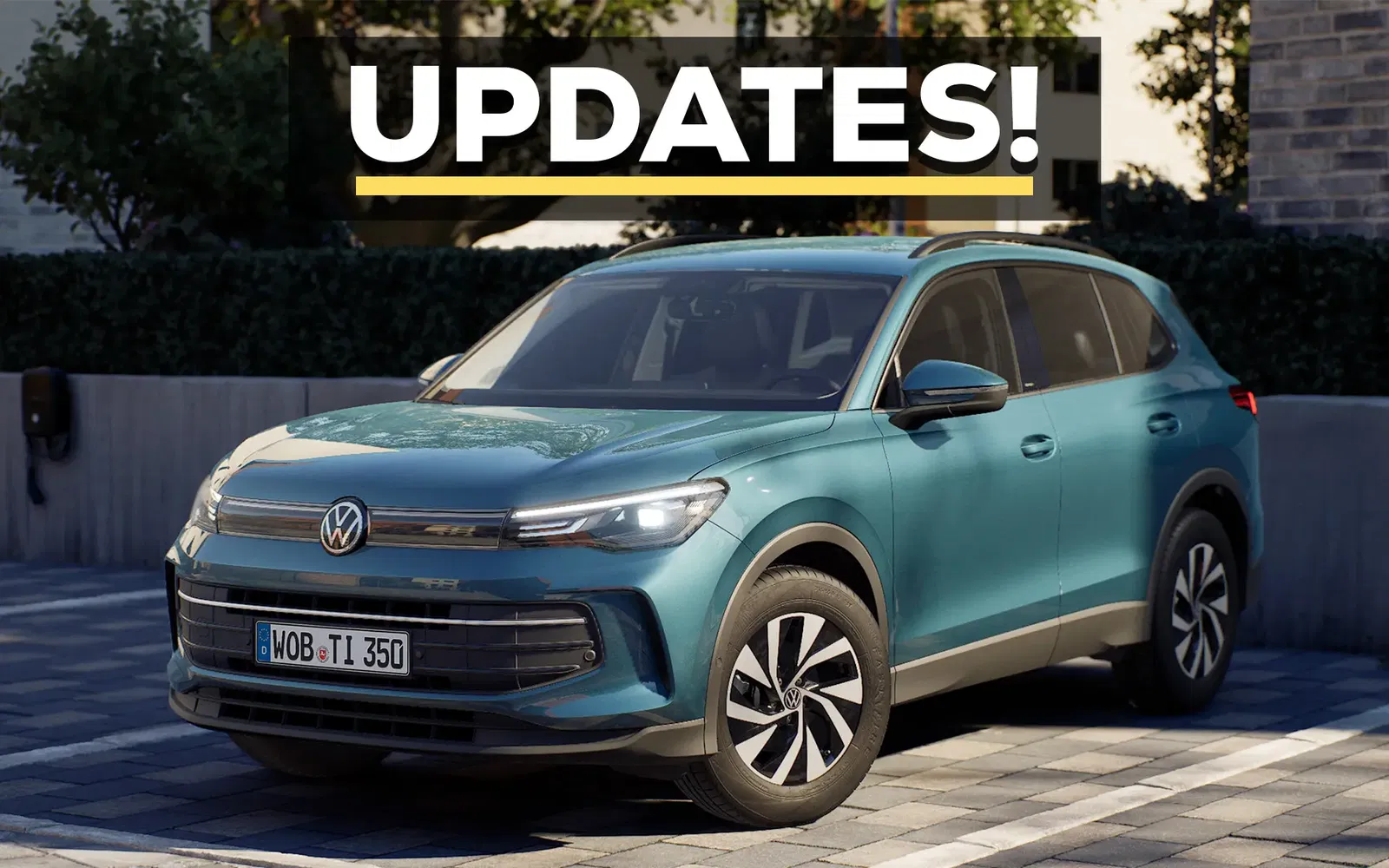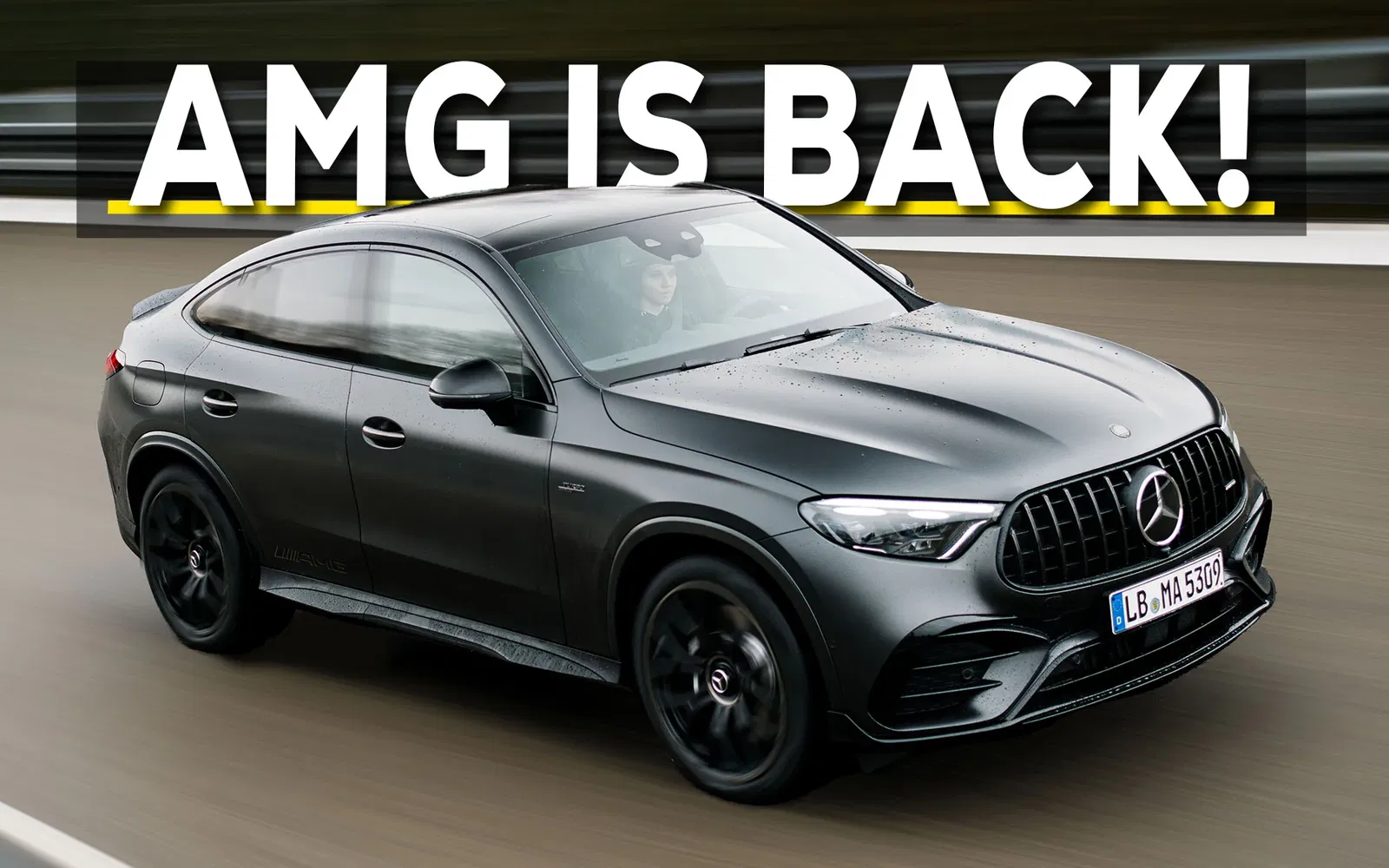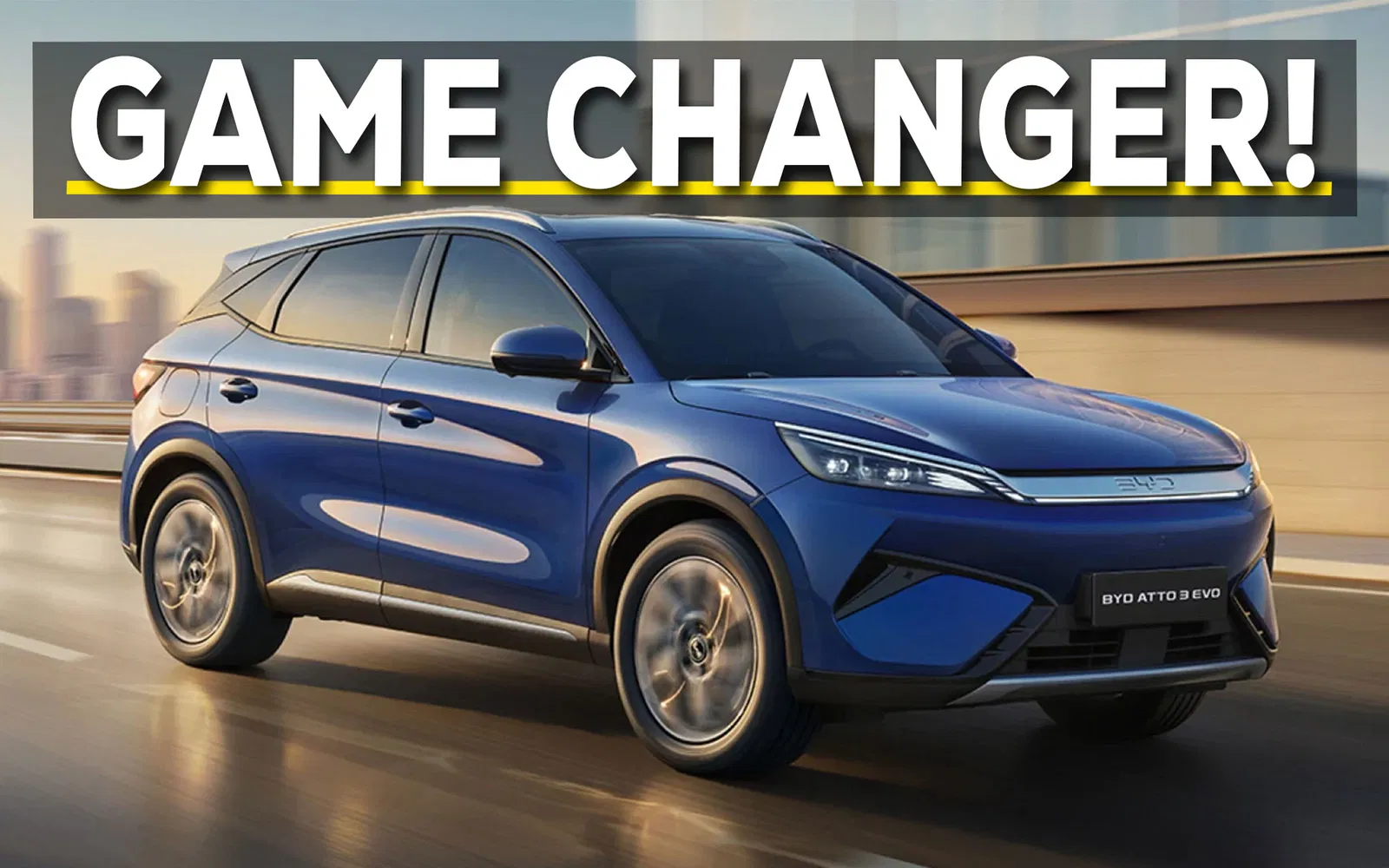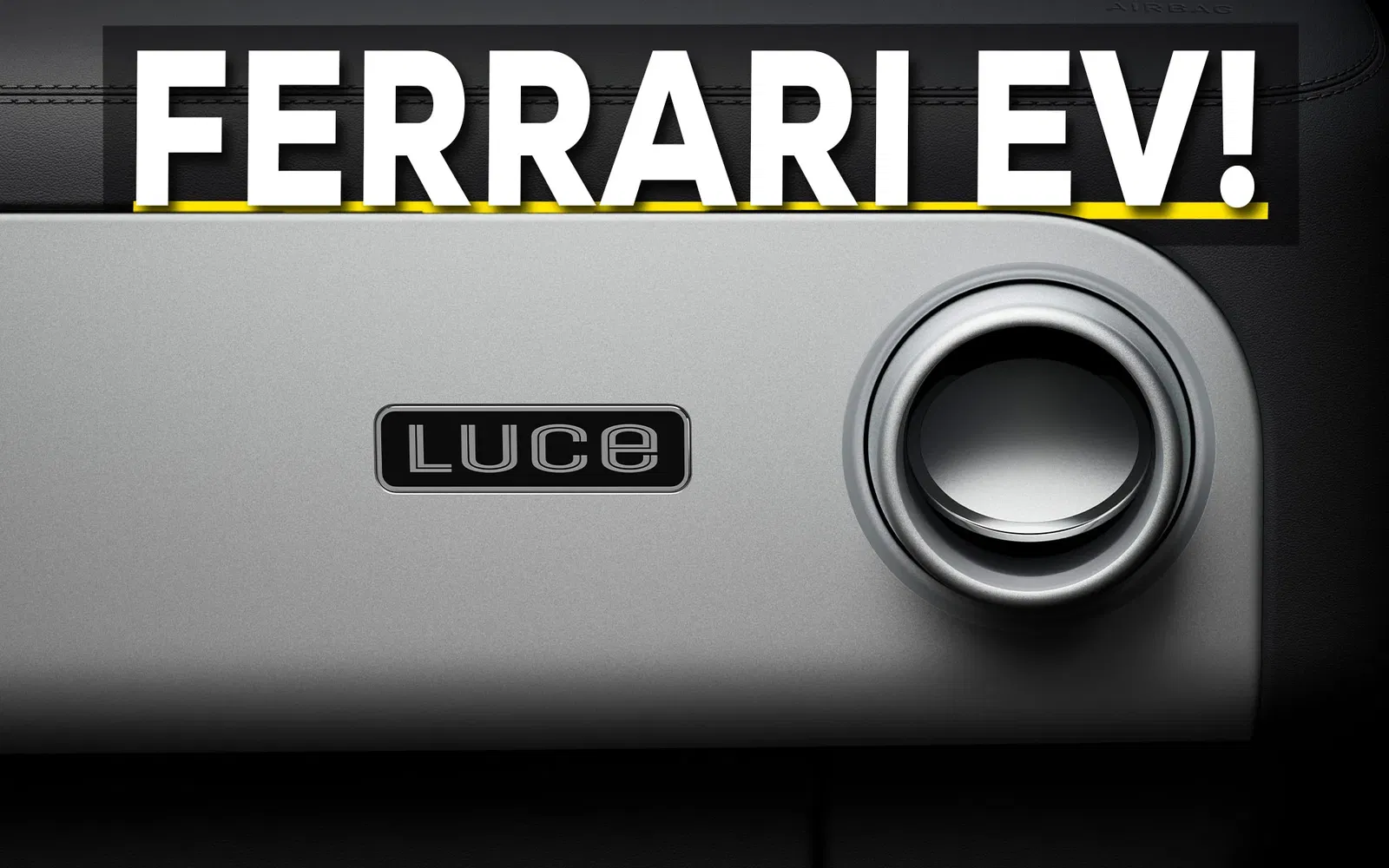Jungheinrich Australia has officially taken delivery of the first two Volkswagen ID. Buzz Cargo electric vans as part of a broader strategy to electrify its service fleet.
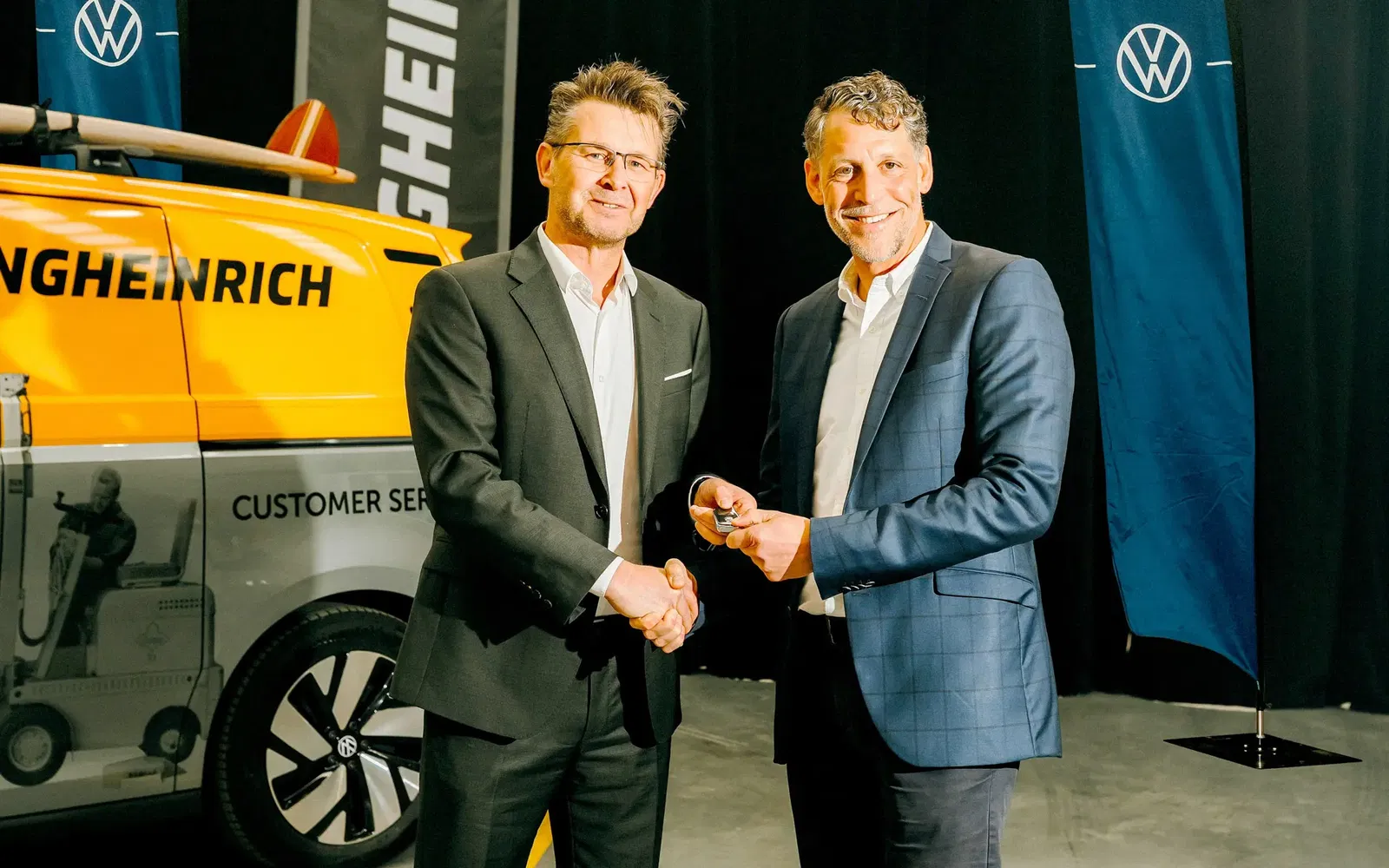
The handover took place during the opening of Jungheinrich’s new Melbourne branch in Cranbourne West on July 31, 2025.
The event marked the beginning of a partnership between Jungheinrich and Volkswagen Group Australia, with both companies aiming to expand their commitment to low-emission logistics.
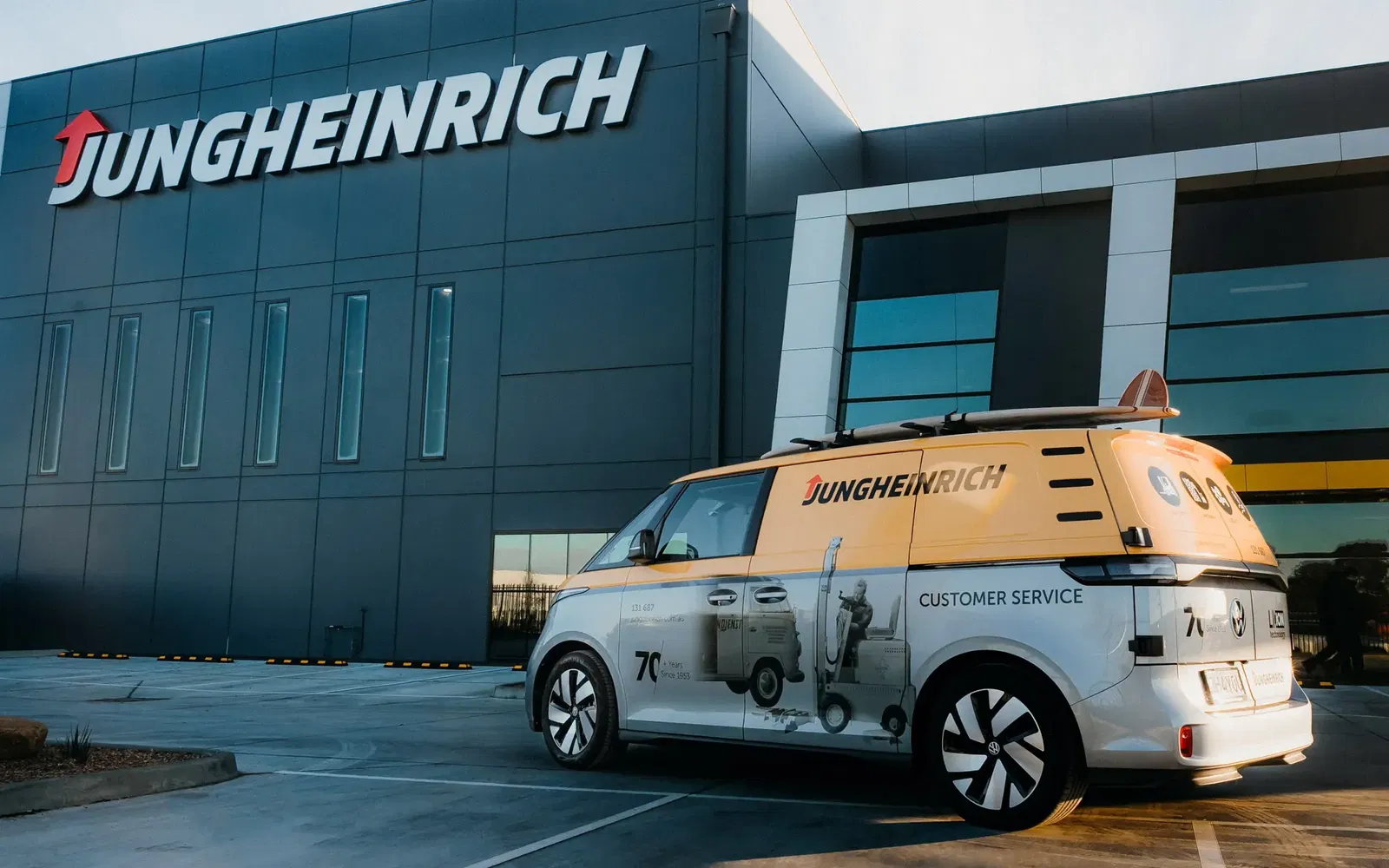
Jungheinrich plans to convert at least 50% of its global service fleet to battery electric vehicles (BEVs) by 2030.
The two new ID. Buzz Cargo vans are now in service in Sydney and Melbourne. Jungheinrich will use feedback from local technicians to evaluate the vehicles' performance in Australian conditions.
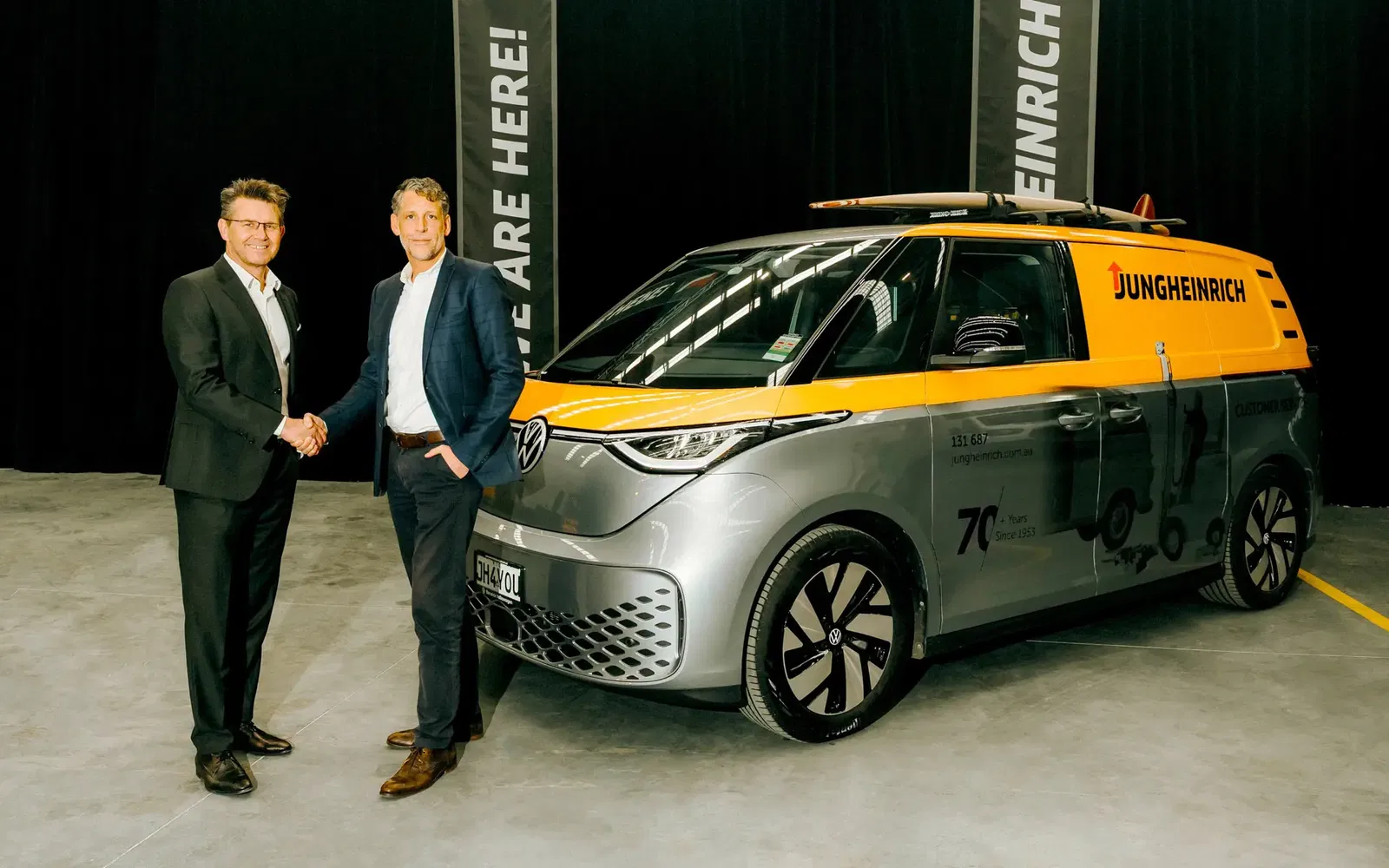
Volkswagen has been a long-time partner of Jungheinrich globally, supplying a significant portion of its 5,000-strong service fleet with models such as the Transporter, Amarok, and Caddy. The addition of the ID. Buzz Cargo reflects the next phase in their partnership.
The vans feature custom livery to mark Jungheinrich’s 70th anniversary, showcasing both historical and modern equipment alongside a wooden surfboard, referencing the vehicle’s cultural heritage. The design aims to reflect the company’s evolution and sustainability goals.
The Volkswagen ID. Buzz Cargo is powered by an 84kWh battery, delivering 431km of WLTP range and producing 210kW and 550Nm.
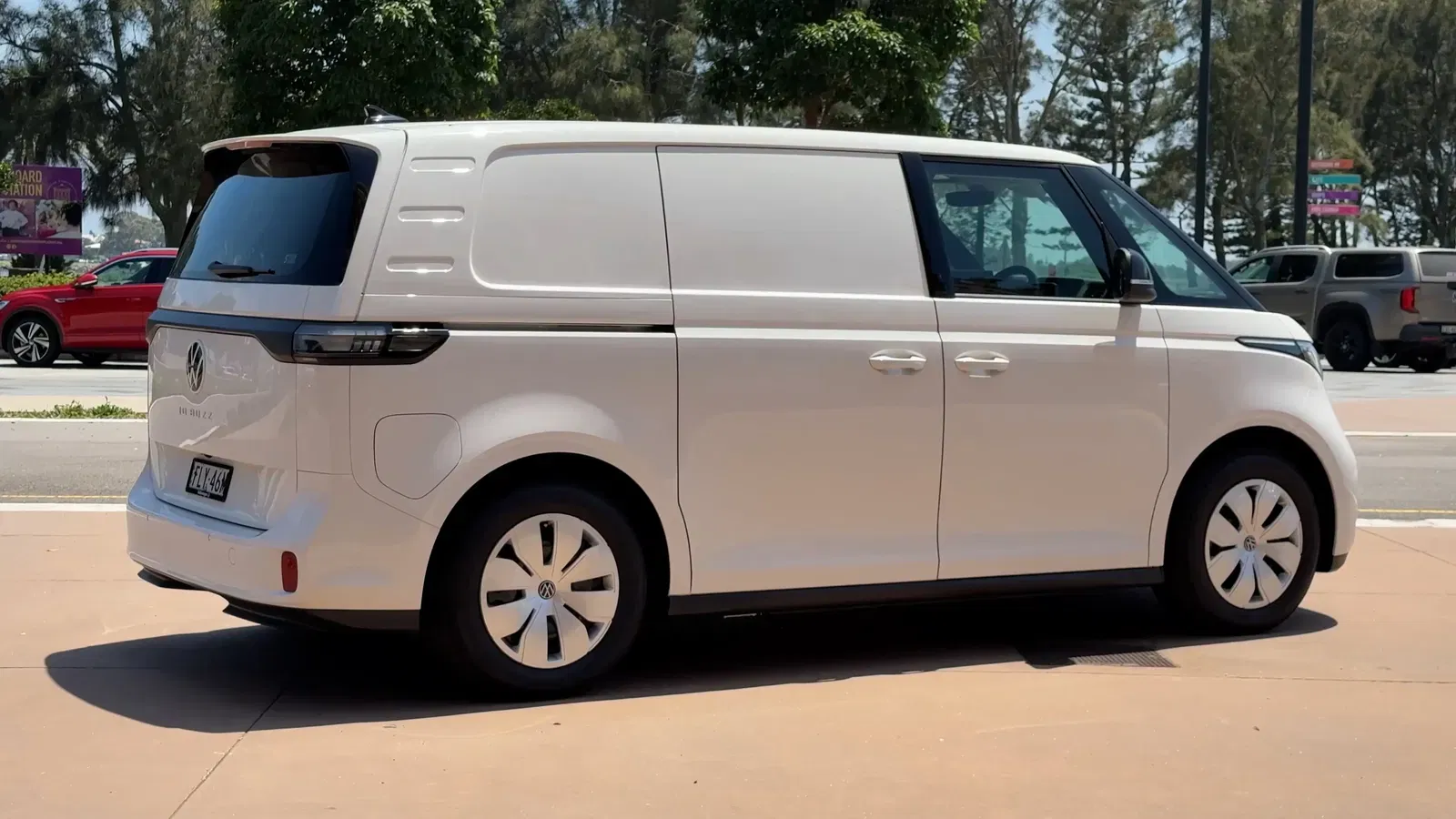
It supports DC fast charging up to 185kW, enabling a 5% to 80% charge in approximately 30 minutes.
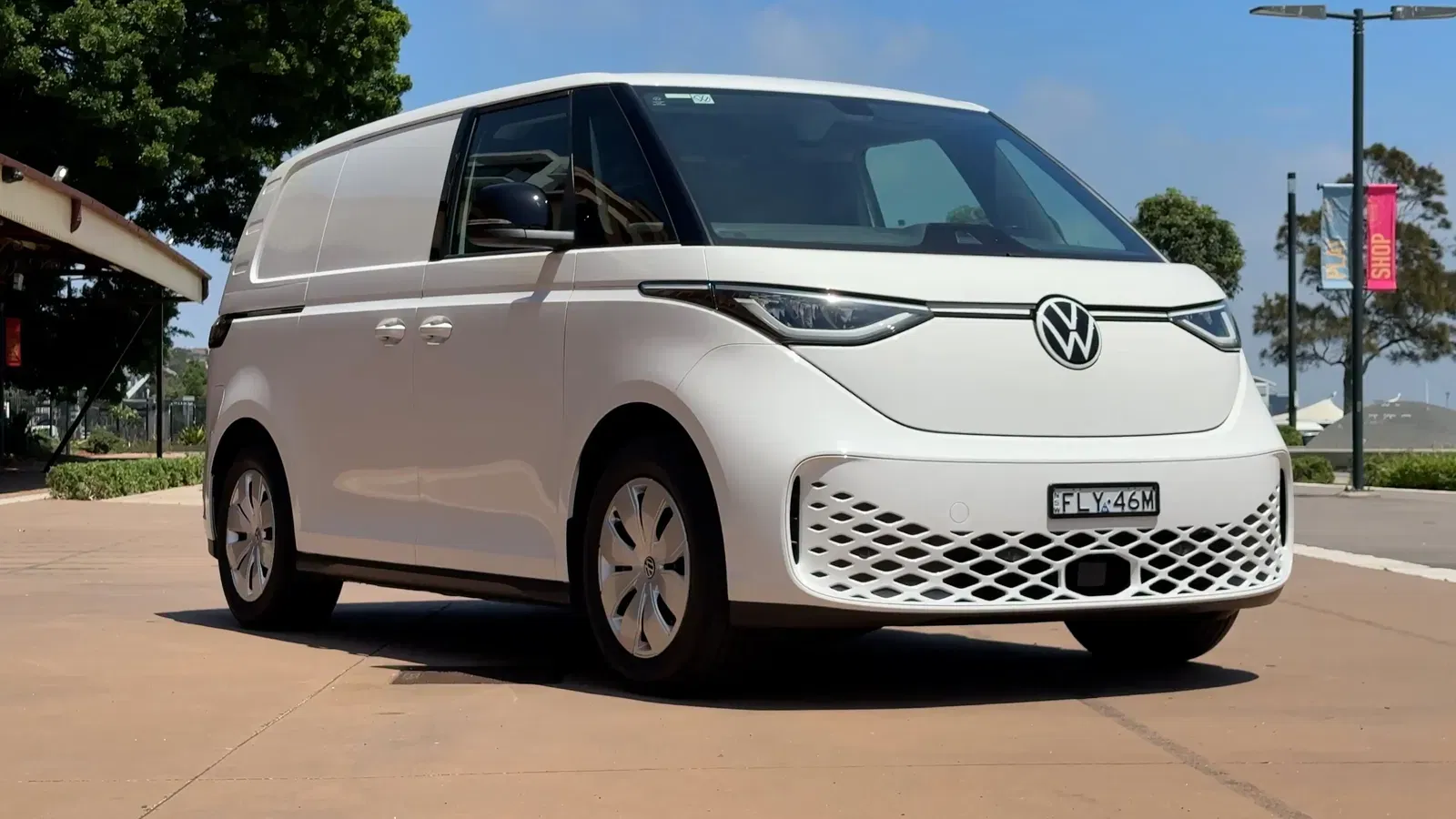
Jungheinrich highlighted the van’s real-world range as a key requirement, with technicians sometimes travelling up to 350km per day.
The ID. Buzz Cargo’s low maintenance costs and extended 2-year/30,000km service intervals were also cited as benefits.
“This partnership marks a powerful step forward in delivering smarter, more sustainable logistics solutions for Australian businesses,” Mr. Seifert said.
“By combining Volkswagen Commercial Vehicles’ reliability and innovation with Jungheinrich’s expertise in material handling, we’re driving efficiency, sustainability and progress across the supply chain together.”
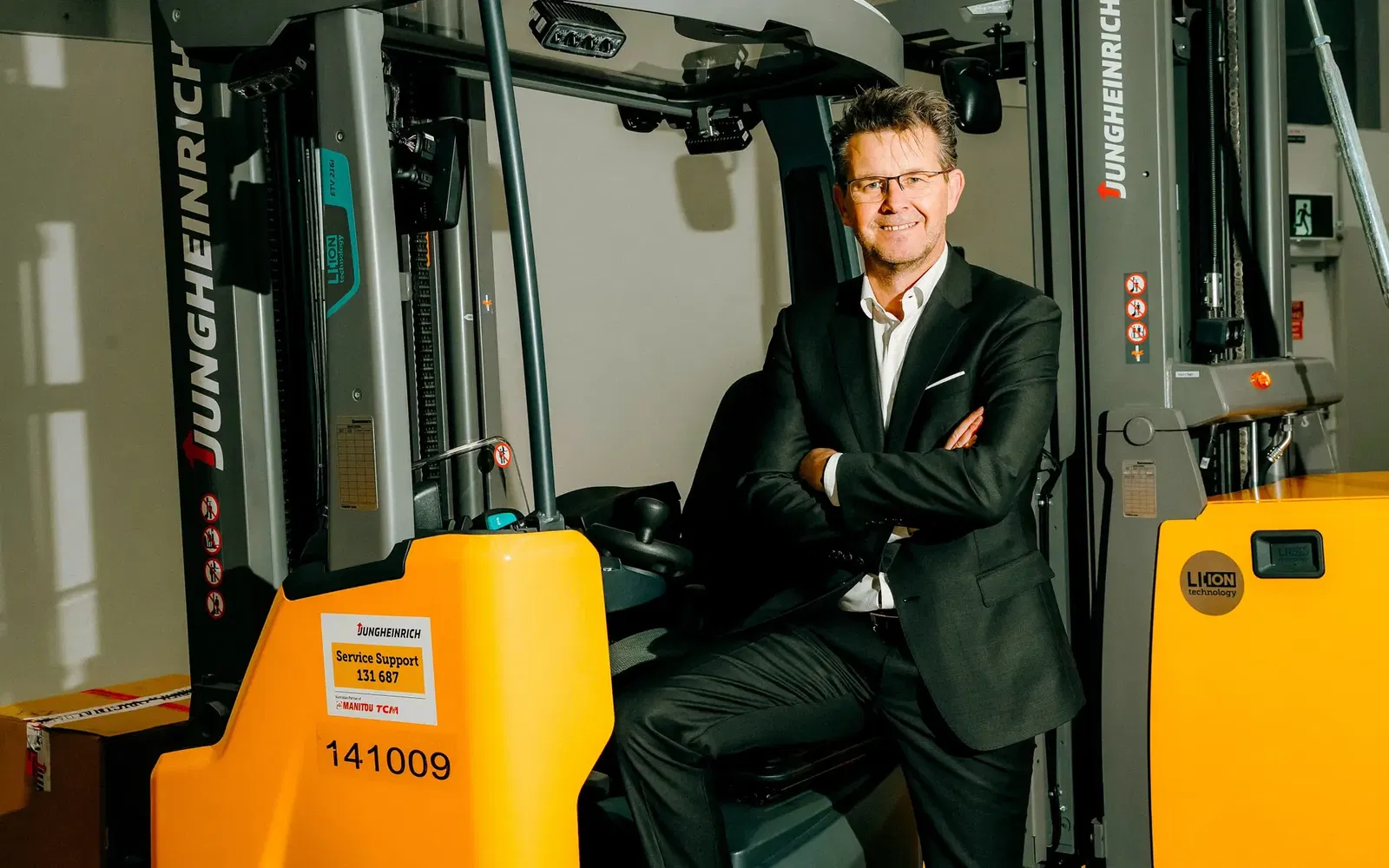
The collaboration builds on Volkswagen’s early electric vehicle history, which began in the 1970s with the T2 Elektro Transporter. The original van featured regenerative braking and an 85km range – elements that have evolved significantly in the new ID. Buzz Cargo.
Jungheinrich was also an early adopter of lithium-ion technology in 2008 and sees the ID. Buzz Cargo as a natural extension of its emissions-reduction strategy. The company’s wider target is to achieve net zero emissions across its value chain by 2050.
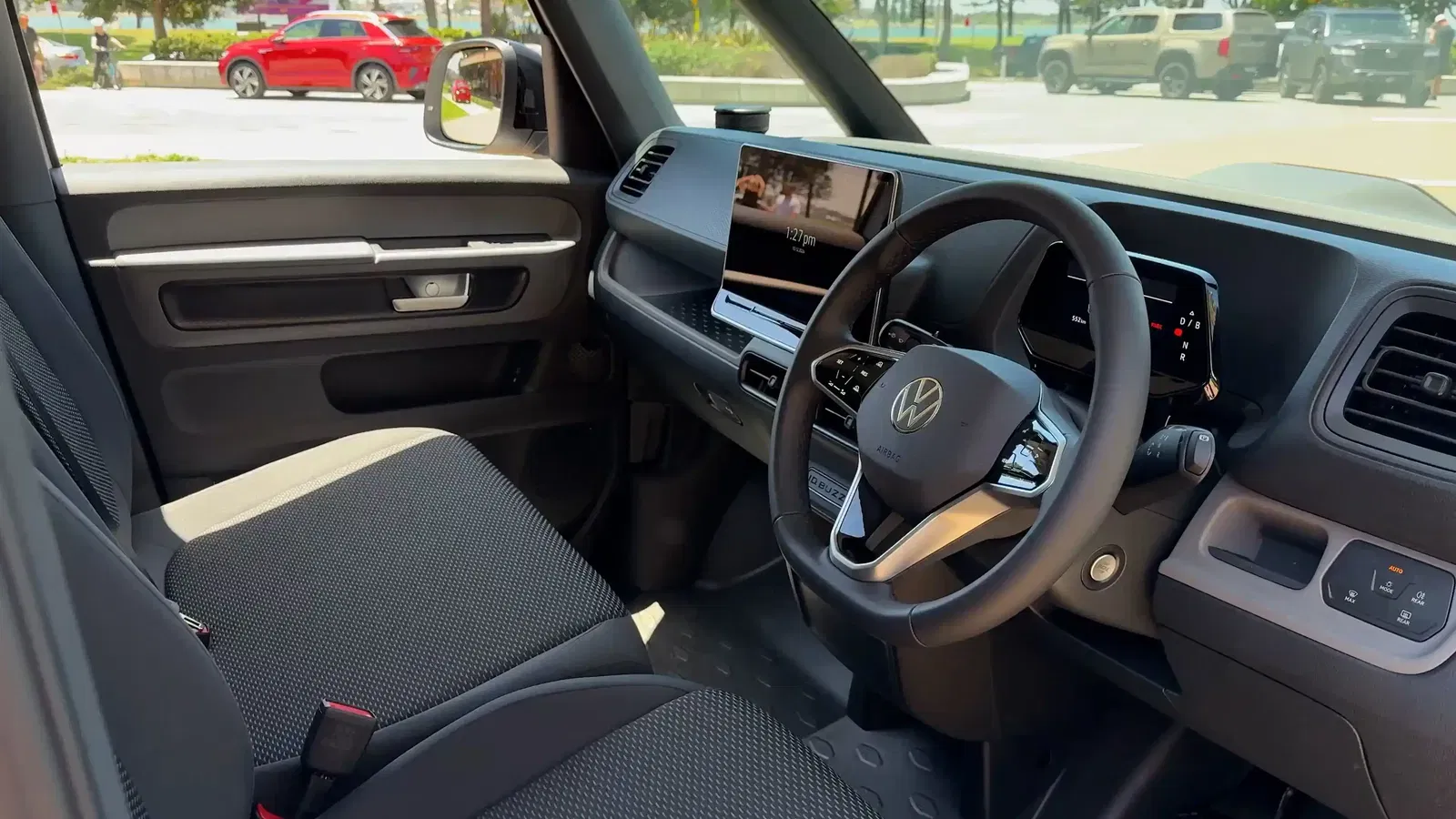
FAQ
Sign up to our newsletter
Be the first to know when we drop new car reviews.
.avif)

.webp)
